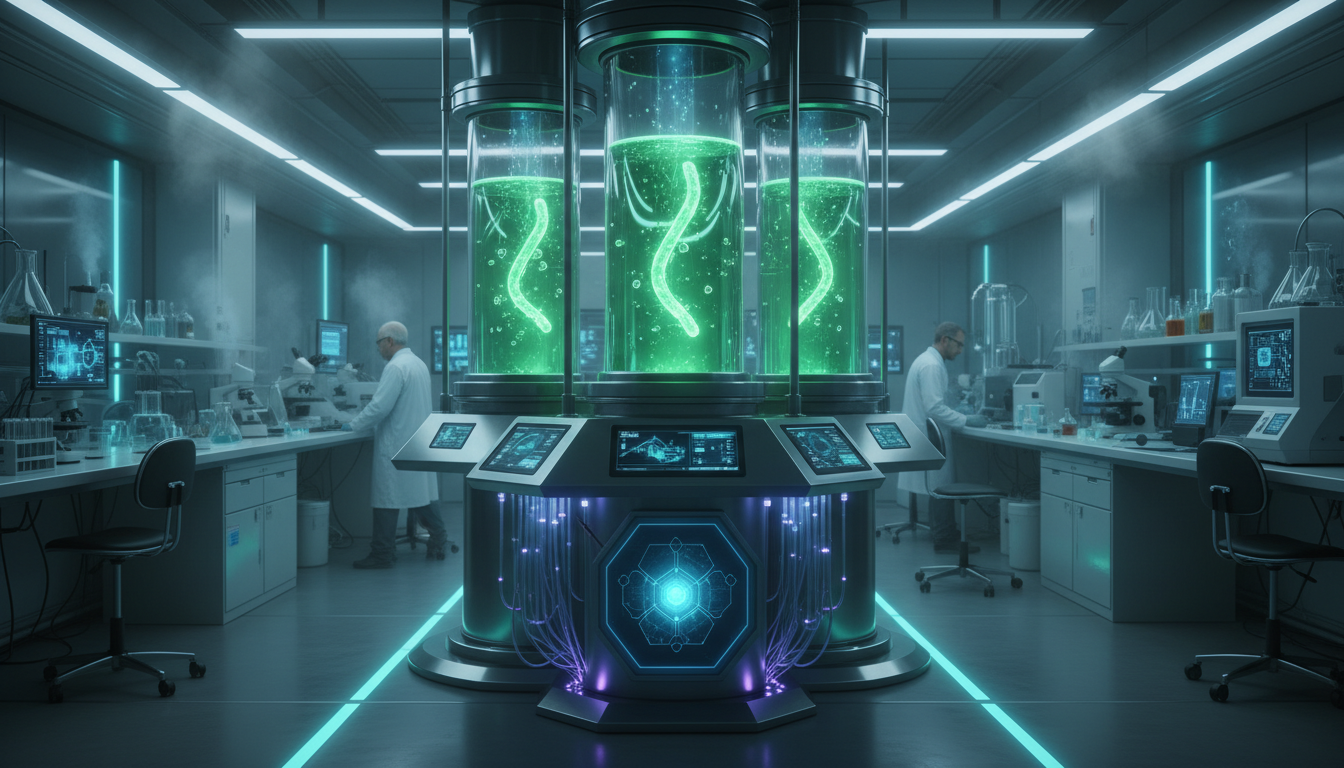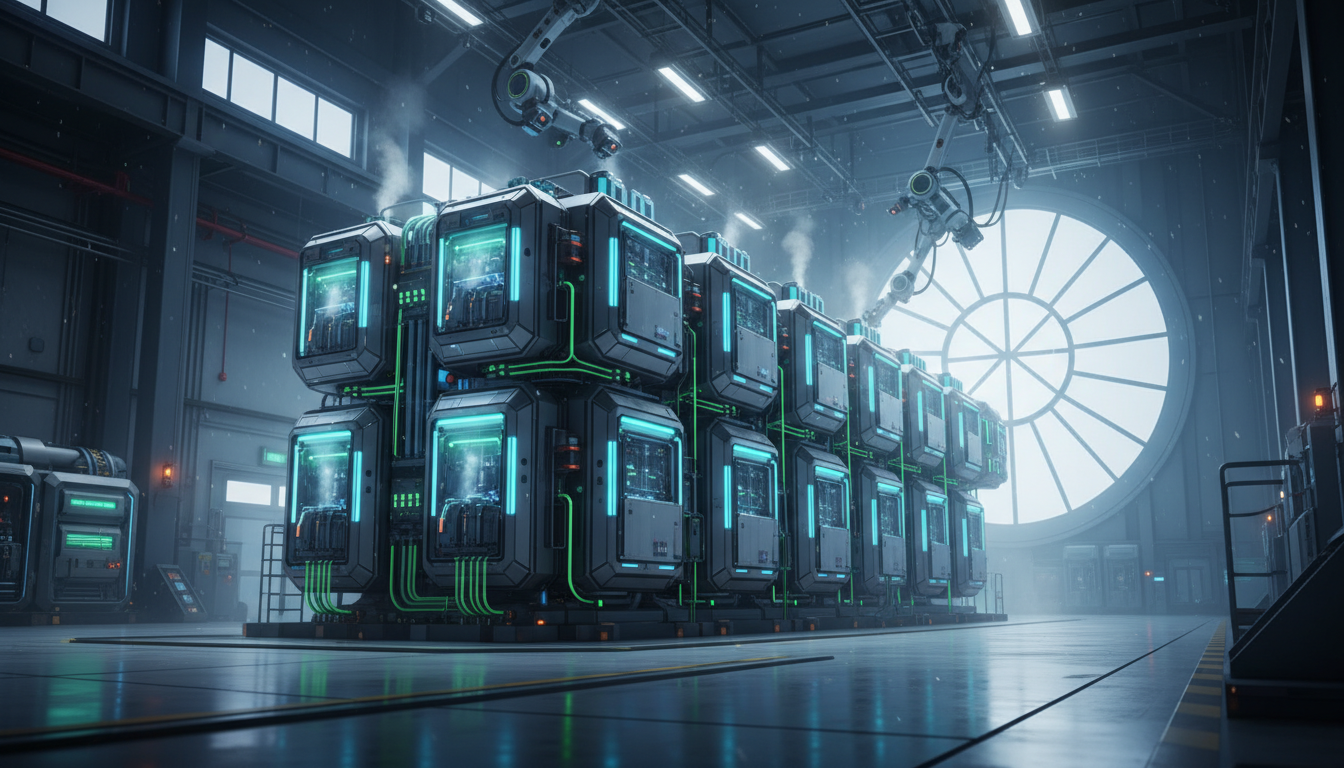Hey there! Let's talk about the ISS air leak persists and what's happening with the Zvezda module. The International Space Station, that incredible feat of international cooperation, is facing a persistent problem. The ISS air leak persists within the Zvezda module, a critical part of the Russian segment, and it's something the teams on the ground are working hard to resolve. This isn't just a minor inconvenience; it's a constant challenge in the vacuum of space, requiring constant monitoring and effort.
On This Page
So, why is this an ongoing concern? Well, the ISS air leak persists, and it means the crew needs to regularly replenish the air supply, which is costly and complex. Furthermore, the teams are using valuable time and resources to find the source and implement repairs, which takes away from the important scientific research the ISS is designed for. The ongoing nature of the problem, despite attempts to fix it, shows the complex nature of maintaining a space station.
More from me
The ethereal realm of space, a domain of unparalleled wonder and daunting challenges, continues to unveil its mysteries. The International Space Station (ISS), a testament to international collaboration and human ingenuity, finds itself grappling with a persistent adversary: an air leak within the Zvezda module, a critical component of the Russian segment. This ongoing issue, as reported by various sources, including TASS, underscores the intricate complexities of maintaining a habitable environment in the vacuum of space. The relentless pursuit of a solution, involving the combined expertise of Russian and American specialists, highlights the unwavering commitment to ensuring the safety and operational integrity of this orbiting laboratory. The story of the Zvezda module's air leak serves as a compelling narrative of engineering prowess, international cooperation, and the unyielding human spirit in the face of adversity, a narrative that continues to unfold in the silent theater of space.
The Persistent Challenge of the Zvezda Module Air Leak and its Impact
The Zvezda module, a cornerstone of the Russian segment of the International Space Station, serves as a vital habitat and life support system for the crew. The insidious nature of the air leak within this module poses a continuous threat to the delicate equilibrium required for human survival in space. The gradual but persistent loss of air necessitates regular replenishment, a costly and operationally complex undertaking. Furthermore, the search for the leak and the implementation of repair measures divert valuable resources and time from scientific research and other critical mission objectives. The ongoing nature of the problem, despite multiple attempts at remediation, reveals the intricate challenges of maintaining a complex system in the harsh environment of space, where even the smallest imperfection can have significant consequences. The Zvezda module air leak underscores the importance of rigorous testing, meticulous engineering, and proactive maintenance in ensuring the long-term viability of space missions.
The impact of the Zvezda module air leak extends beyond the immediate concerns of air loss and operational constraints. The continuous monitoring and repair efforts require the dedicated attention of both Russian and American specialists, fostering a collaborative environment that is crucial for the success of the ISS program. This international cooperation, however, is not without its complexities, as different engineering standards, cultural approaches, and political considerations must be carefully navigated. The air leak serves as a microcosm of the broader challenges and opportunities inherent in international space collaboration, highlighting the need for clear communication, mutual trust, and a shared commitment to the common goal of scientific discovery and exploration. The ongoing efforts to resolve the issue also provide valuable insights into the long-term effects of the space environment on materials and systems, contributing to the advancement of space technology and the development of more robust and reliable spacecraft for future missions.
Unraveling the Technical Complexities of the Zvezda Module Air Leak
The precise location and nature of the air leak within the Zvezda module remain a subject of intense scrutiny and investigation. The identification of the source is a complex undertaking, requiring the use of sophisticated diagnostic tools and techniques. The process typically involves the deployment of specialized sensors to detect subtle pressure changes, the analysis of gas composition, and the meticulous inspection of the module's internal and external surfaces. The leak could be attributed to a variety of factors, including micrometeoroid impacts, material degradation, or manufacturing defects. The harsh conditions of space, including extreme temperatures, radiation exposure, and the constant bombardment of micrometeoroids, can accelerate the deterioration of materials and increase the likelihood of leaks. The ongoing investigation into the Zvezda module air leak underscores the importance of understanding the long-term effects of the space environment on spacecraft components and the need for robust design and rigorous testing to mitigate potential risks.
The repair efforts undertaken to address the Zvezda module air leak have involved a range of techniques, including the application of sealants, the replacement of damaged components, and the implementation of preventative measures. The selection of the appropriate repair strategy depends on the nature and location of the leak, as well as the available resources and the constraints of the mission. The repair process is often carried out in the challenging environment of space, requiring the astronauts to perform intricate tasks while wearing bulky spacesuits and operating in a weightless environment. The successful implementation of these repairs requires a high degree of skill, precision, and teamwork. The ongoing nature of the leak, despite previous attempts to seal it, suggests that the problem may be more complex than initially anticipated, necessitating further investigation and the development of innovative solutions. The experience gained from addressing the Zvezda module air leak will undoubtedly contribute to the advancement of space repair techniques and the development of more resilient spacecraft for future missions.
International Collaboration and the Future of Space Exploration in the Face of the Zvezda Module Air Leak
The collaborative efforts between Russia and the United States in addressing the Zvezda module air leak exemplify the crucial role of international cooperation in the realm of space exploration. The ISS program, a testament to the shared aspirations of multiple nations, relies on the expertise and resources of its participating partners. The ongoing collaboration in resolving the air leak highlights the benefits of pooling knowledge, sharing resources, and working together to overcome technical challenges. This collaborative spirit is essential for the success of future space missions, including the exploration of the Moon and Mars. The lessons learned from the Zvezda module air leak, including the importance of robust design, rigorous testing, and proactive maintenance, will inform the development of future spacecraft and the establishment of sustainable space infrastructure. The ongoing efforts to resolve the issue serve as a powerful reminder of the interconnectedness of our world and the shared responsibility of humanity to explore and understand the universe.
Looking ahead, the challenges posed by the Zvezda module air leak and the broader complexities of maintaining the ISS underscore the need for continued innovation and investment in space technology. The development of advanced materials, more reliable life support systems, and improved repair techniques will be crucial for the long-term viability of space missions. The ongoing collaboration between Russia, the United States, and other international partners will be essential for driving these advancements and ensuring the continued success of the ISS program. Furthermore, the experience gained from addressing the Zvezda module air leak will contribute to the development of a more sustainable and resilient approach to space exploration, enabling humanity to venture further into the cosmos and unlock its many secrets. The story of the Zvezda module air leak is not just a tale of technical challenges; it is a testament to human ingenuity, international cooperation, and the enduring spirit of exploration that drives us to reach for the stars.
We also Published
RESOURCES
- NASA, Russian officials dispute safety concerns over ISS air leak
- Space Station air leak persists; December ushers in meteor shower ...
- NASA indefinitely delays private astronaut mission, citing air leak in ...
- Leak on International Space Station delays SpaceX launch of Axiom ...
- SpaceX launches Axiom Space mission to the ISS amid leak ...
- NASA investigates major air leak on ISS with daily loss of 1.7 kg of ...
- Is the ISS Falling Apart? NASA Delays Launch Due to Mysterious Air ...
- Despite indefinite landing delay, NASA insists Boeing Starliner crew ...
- International Space Station air leak awakens astronauts, prompts ...
- Maintenance of the International Space Station - Wikipedia








0 Comments